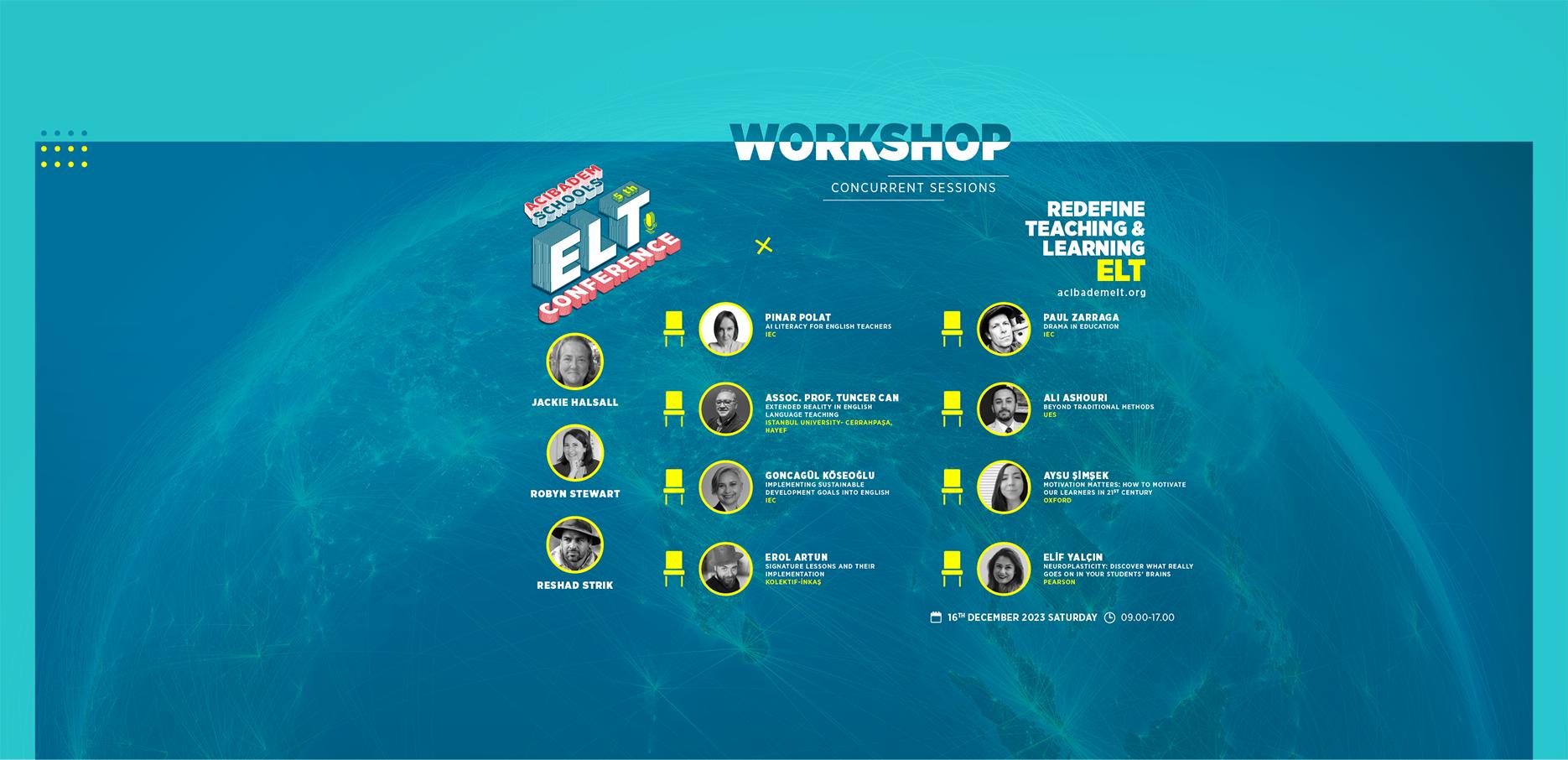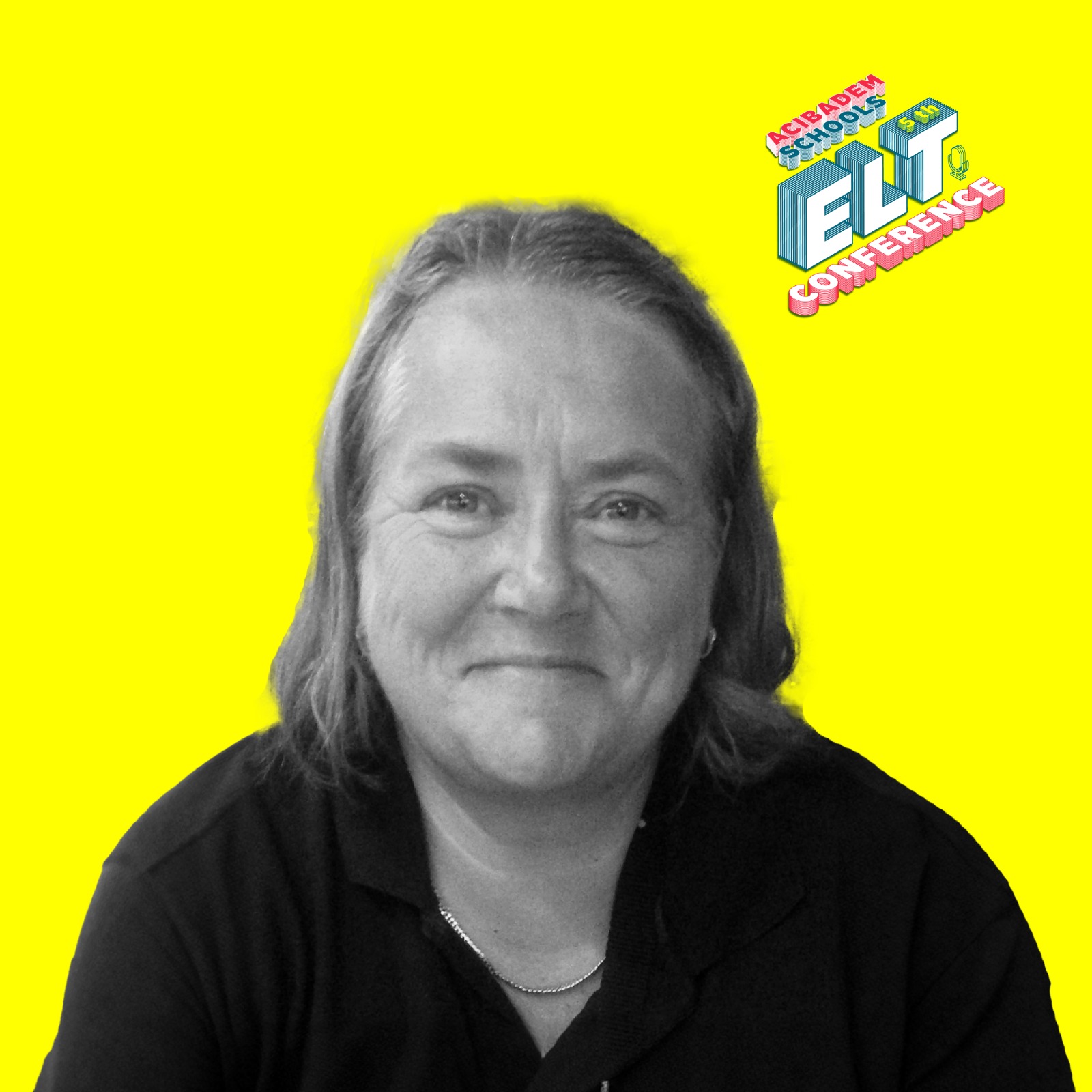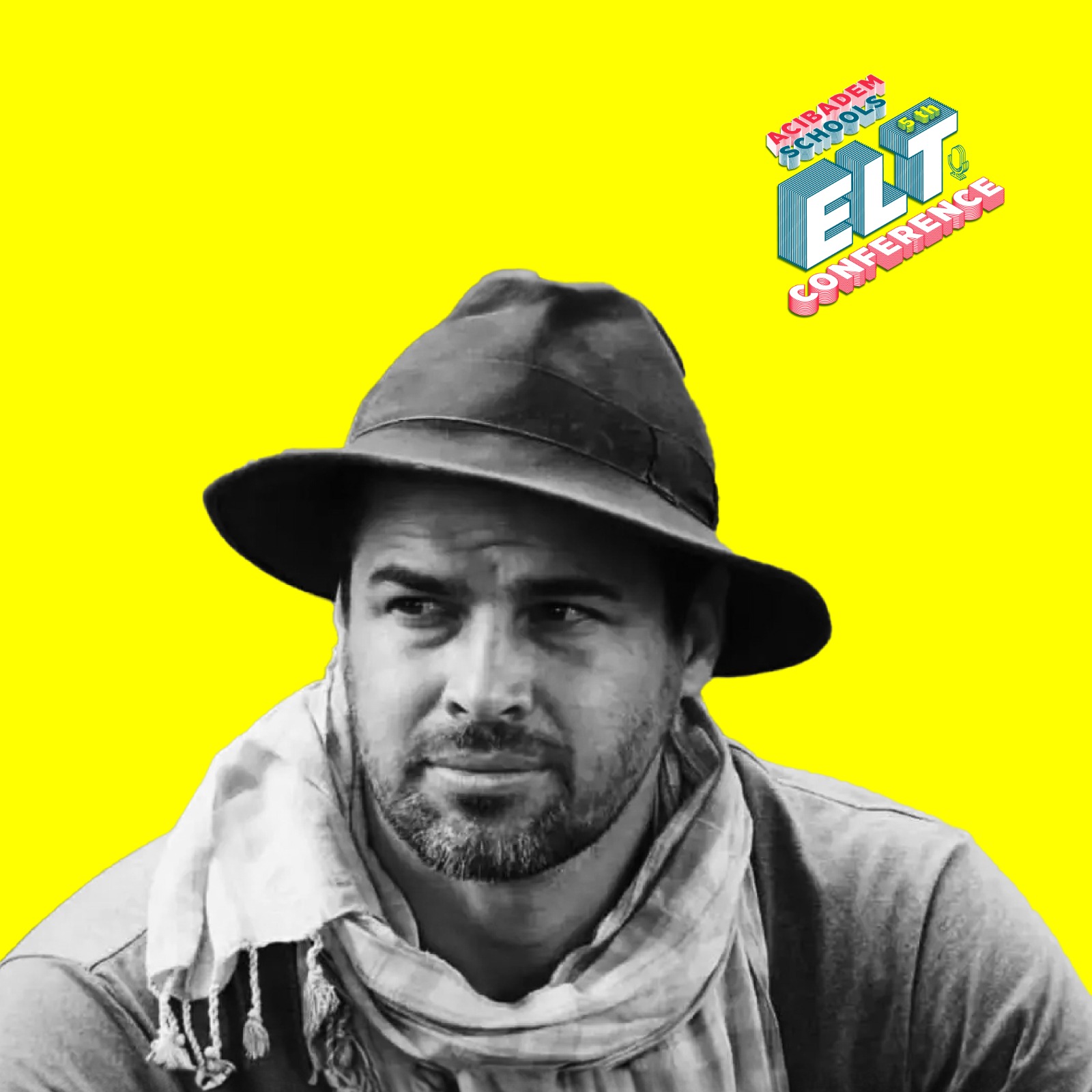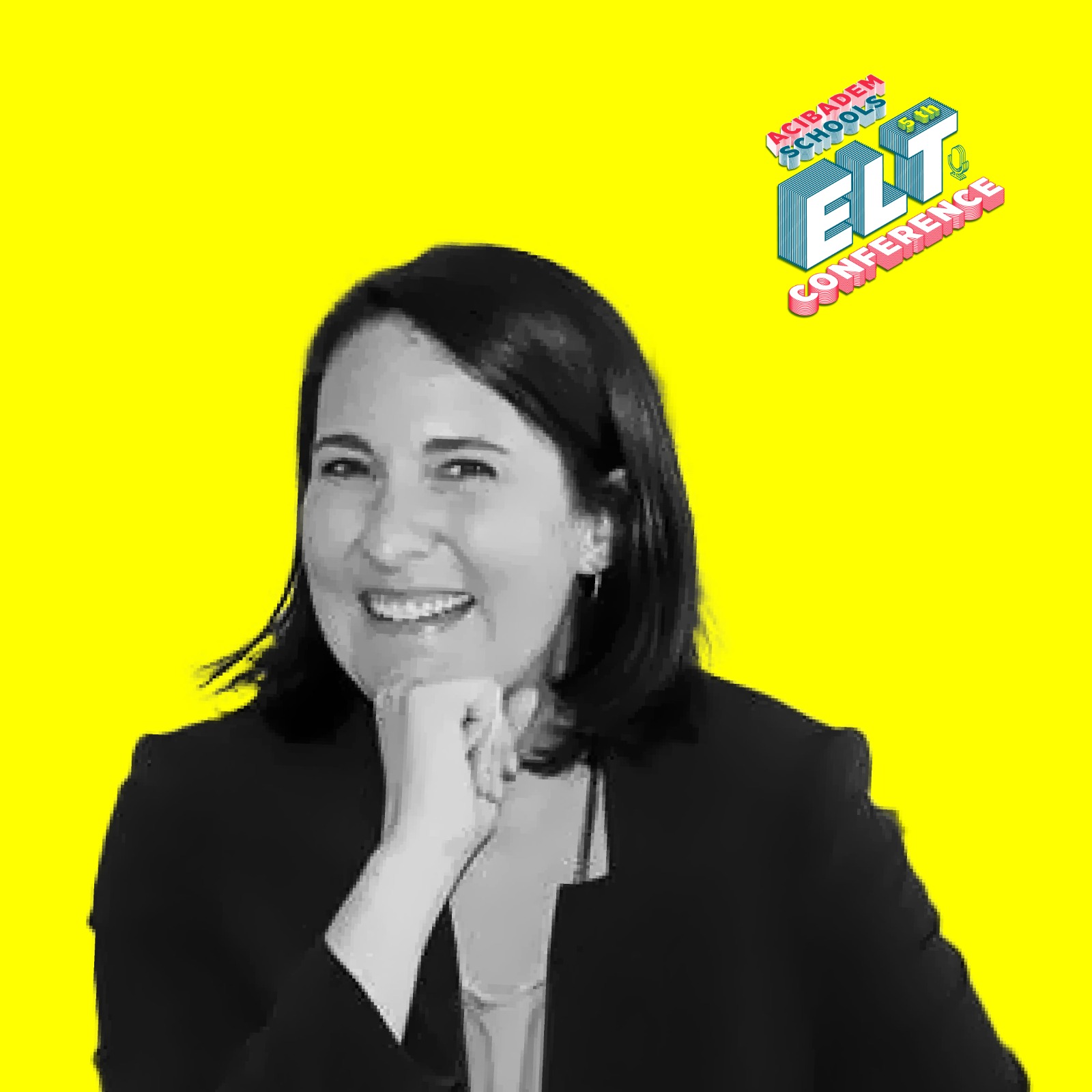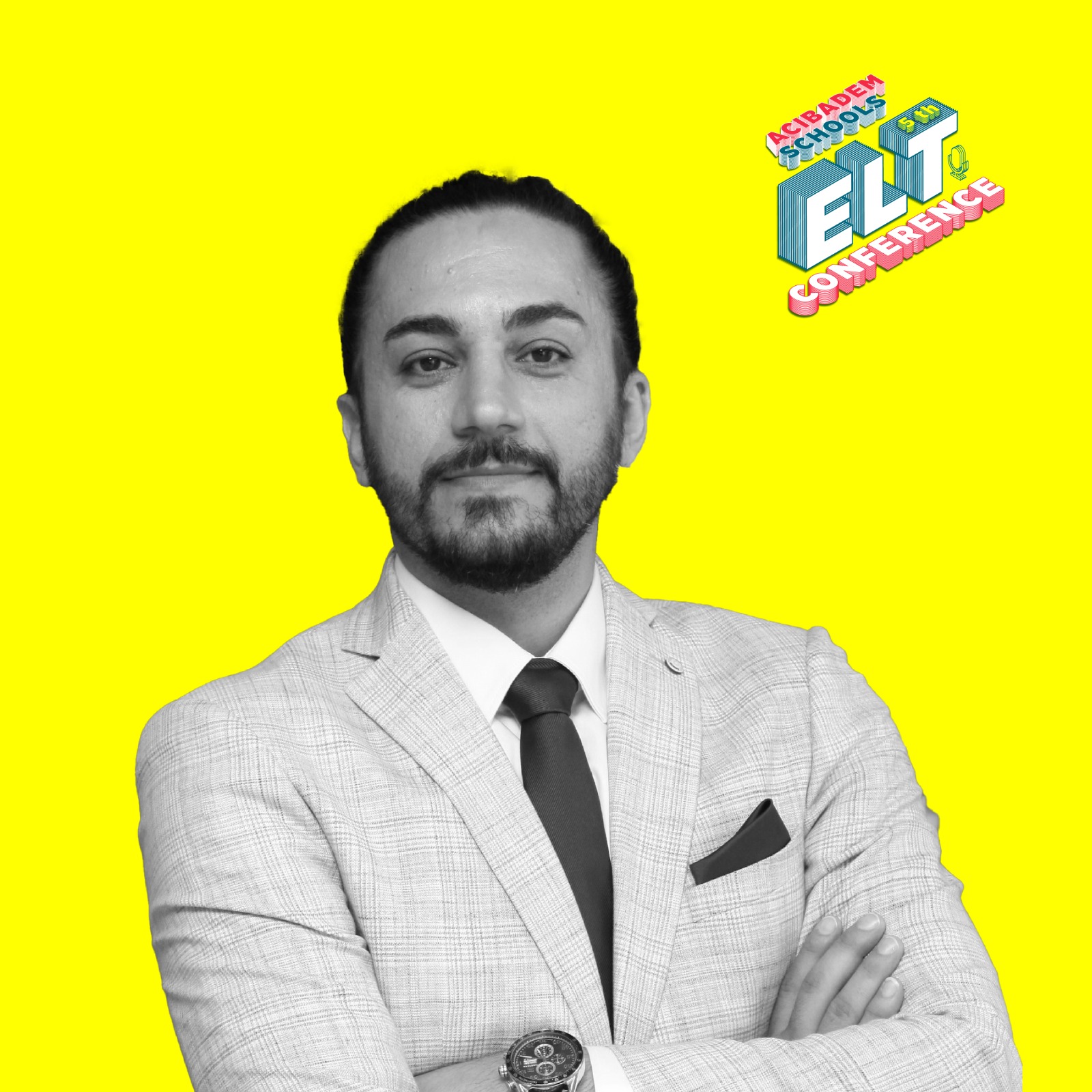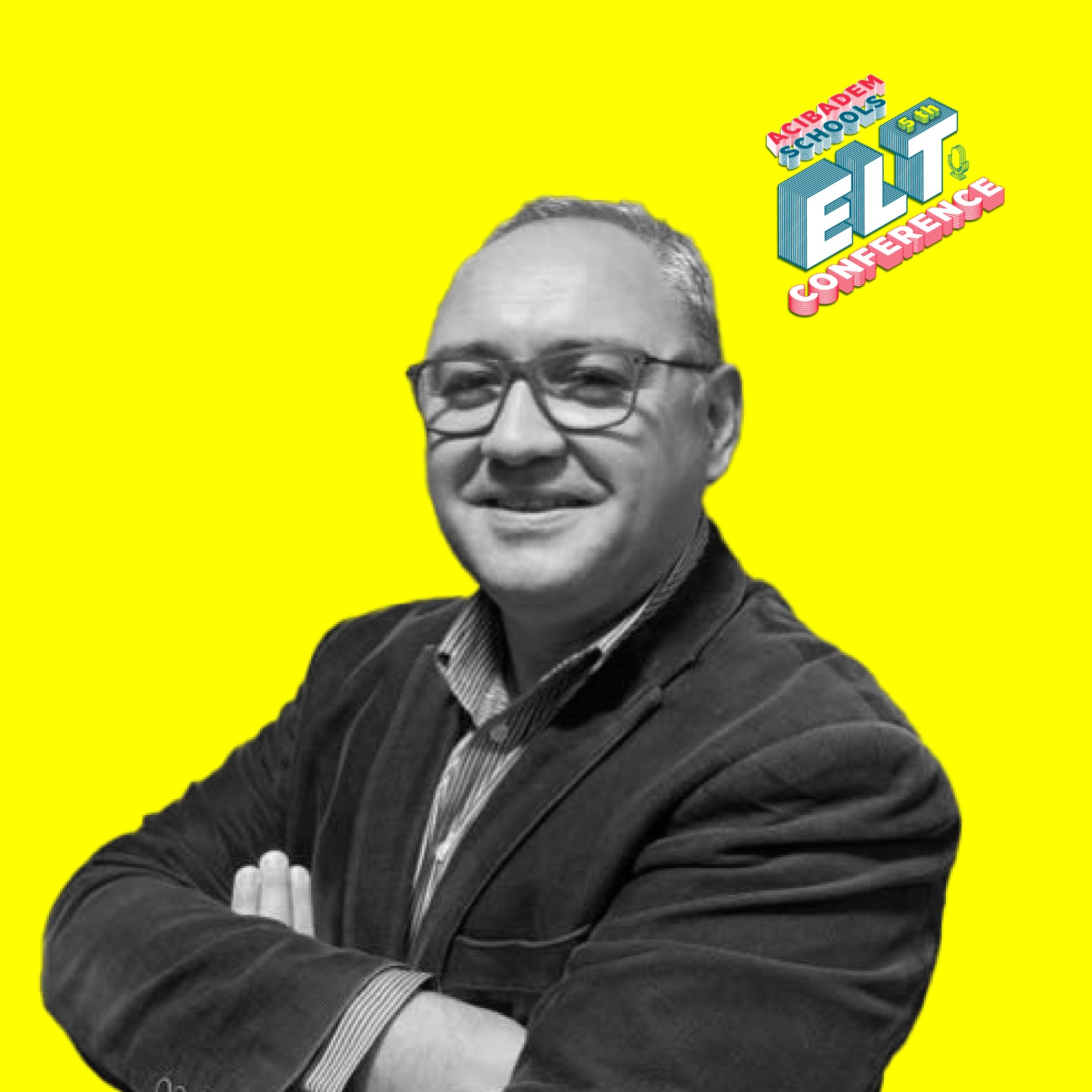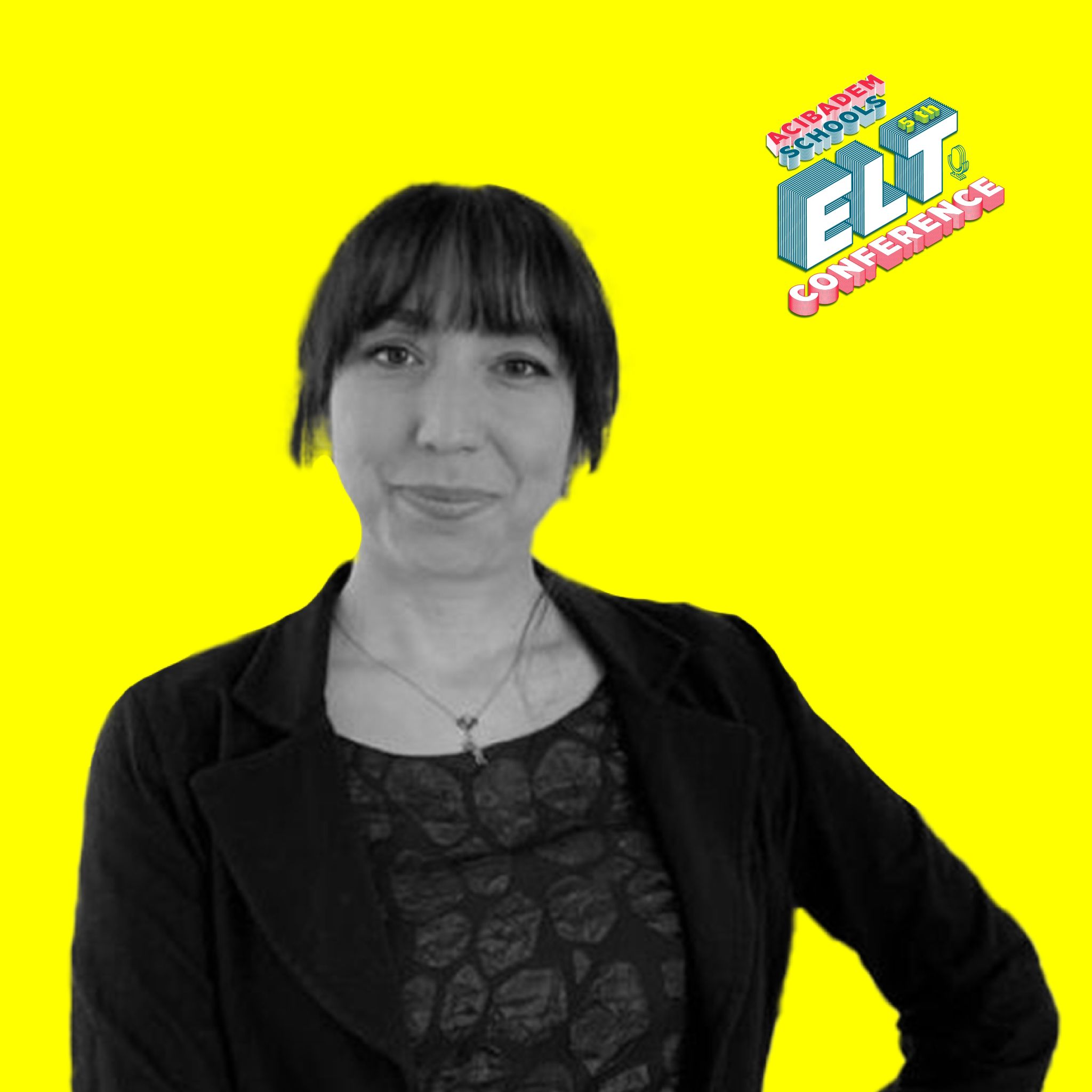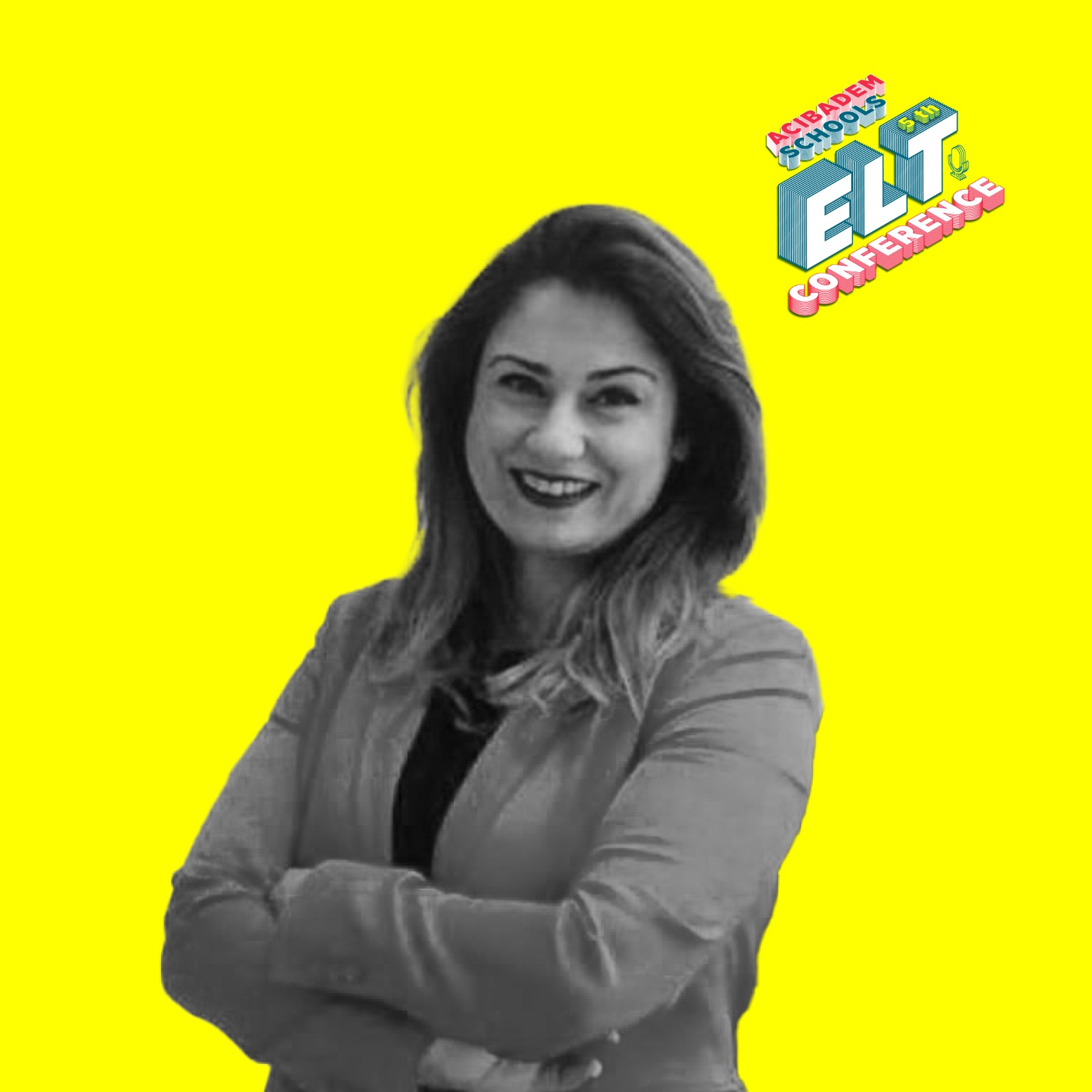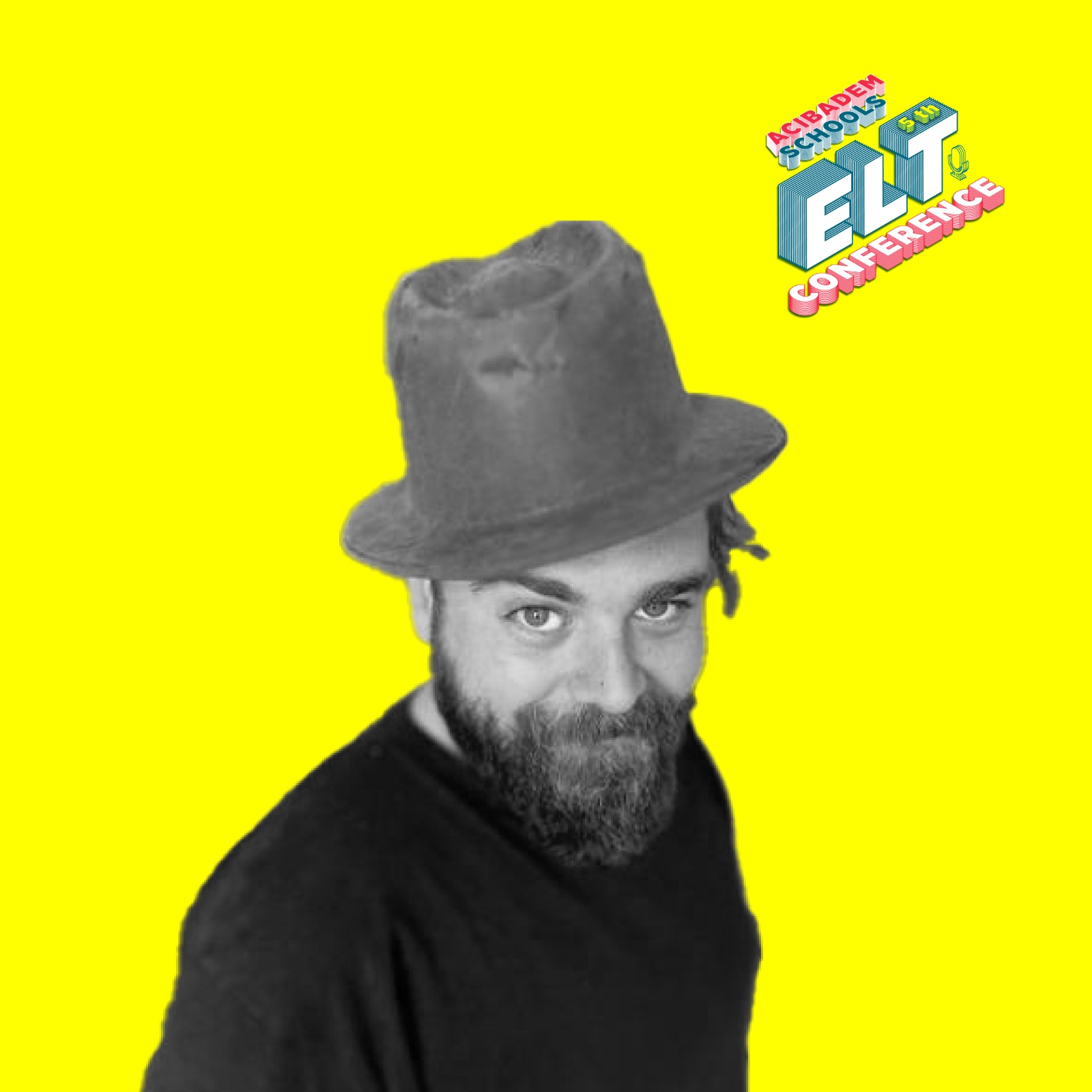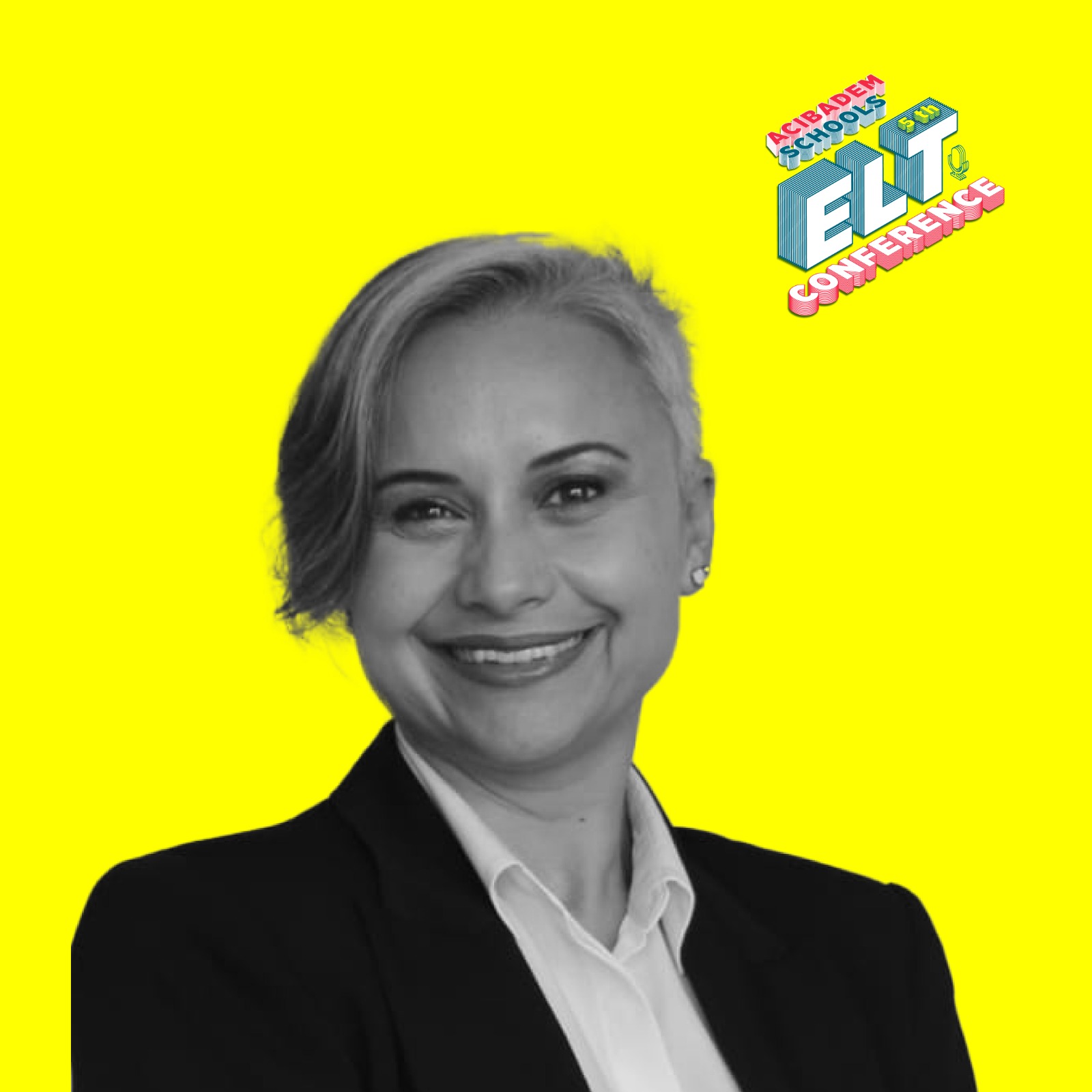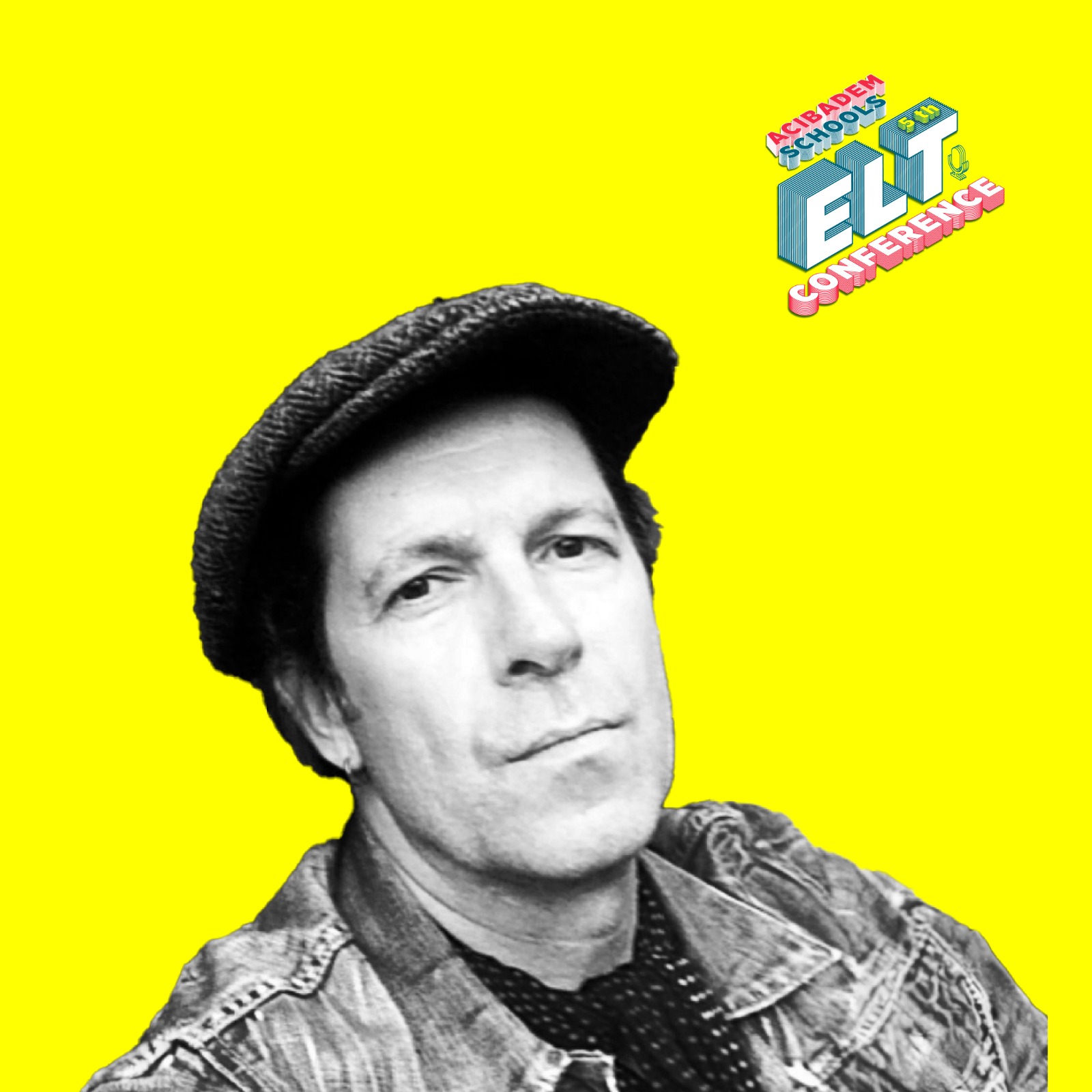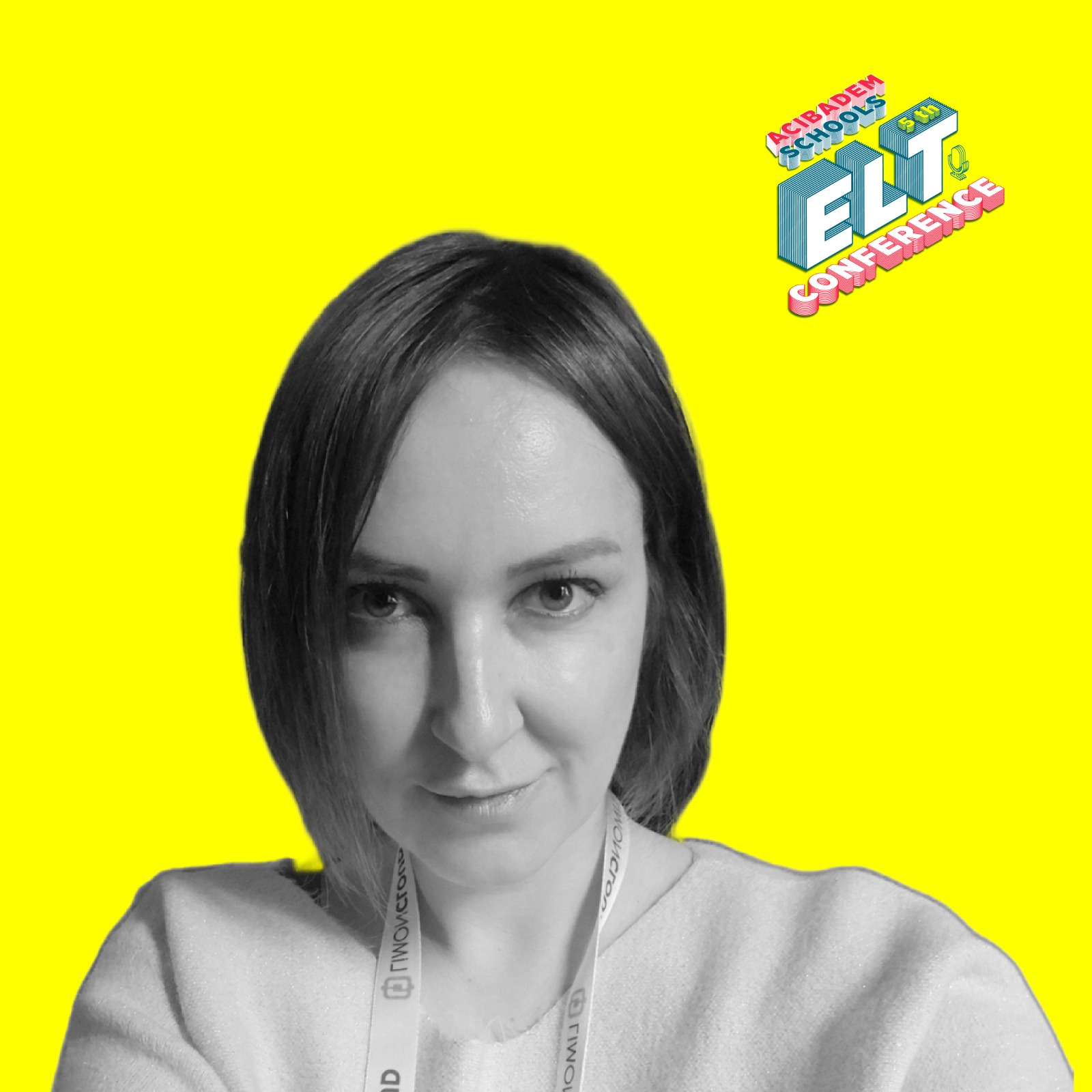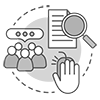Acıbadem Schools is pleased to announce that Acıbadem Schools “REDEFINE TEACHING AND LEARNING” Conference will take place on December 16th, 2023. This event welcomes presenters and participants who are interested in language teaching and learning.
As teachers of English, we try to embrace the teachers to adapt to the changing world by using innovative teaching techniques to assist them on their journey of English language learning. Acıbadem School's educational philosophy is based on a learner-centred approach which seeks to facilitate a deep connection between students and the modern learning environment.
Acıbadem Schools “REDEFINE TEACHING AND LEARNING” conference is a place where all teachers can share their ideas, knowledge, and experiences with English language teaching and learning.
With the firm belief that learning is a lifelong process, we know that learners need to remain aware of the changing world and should keep up-to-date with modern learning strategies through exploration and integration of the present and future of language learning. The conference aims to support teachers in the use of innovative and future life standard teaching practices, imaginative ideas, and creative learning techniques.
We cordially invite you to attend our fifth annual ELT Conference.
REGISTER
